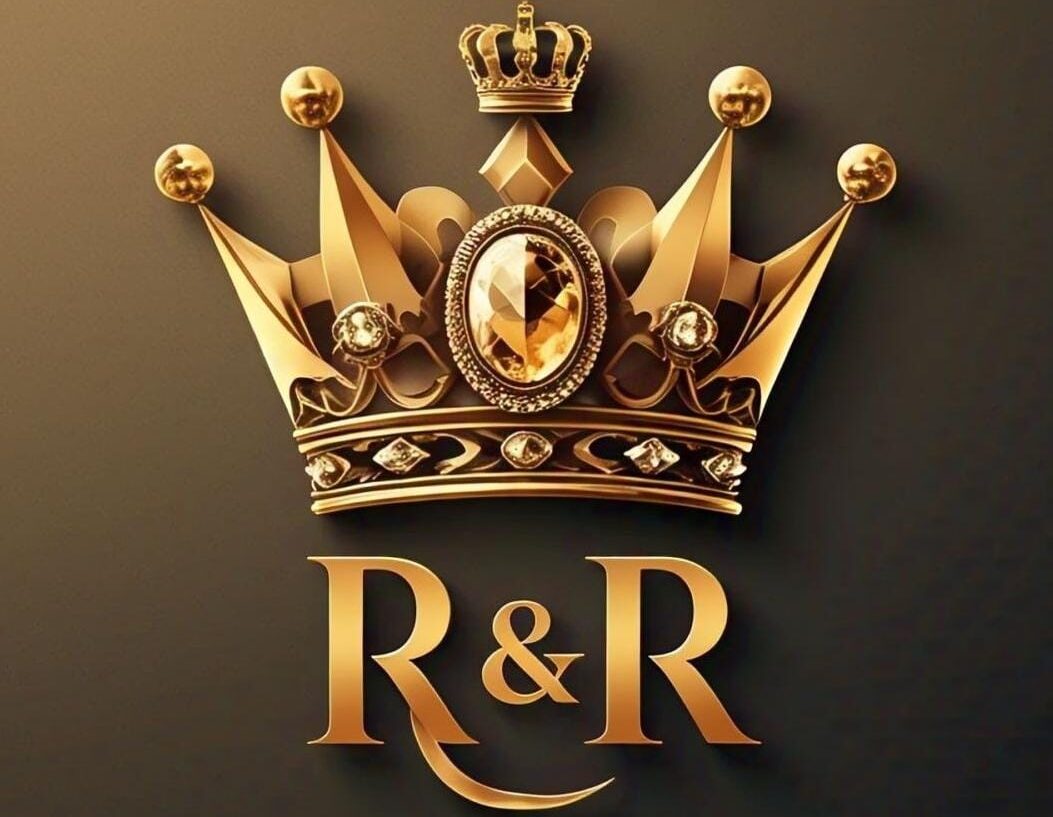Breaking Down the Role of Gender in Shaping Society’s Norms

Gender is a multifaceted construct that plays a profound role in shaping the fabric of society, influencing everything from individual identity and social interactions to cultural norms and institutional structures. Yet, despite its complexity and fluidity, gender often becomes entrenched in rigid binaries and stereotypes that limit our understanding of its nuances and diversity. In this article, we’ll delve into the intricate interplay of gender in shaping societal norms, exploring how perceptions, expectations, and power dynamics contribute to the construction and perpetuation of gender roles.
Understanding Gender as a Social Construct
At its core, gender is not simply a biological distinction between male and female but rather a complex interplay of social, cultural, and psychological factors that shape our understanding of masculinity, femininity, and everything in between. From an early age, individuals are socialized into gender roles through a process of reinforcement and internalization of societal norms and expectations. These gender norms dictate how we dress, behave, communicate, and relate to others, influencing every aspect of our lives from childhood to adulthood.
The Impact of Gender Norms on Individual Identity
Gender norms exert a powerful influence on individual identity formation, shaping how we perceive ourselves and how others perceive us. From a young age, children are socialized into gender-specific behaviors and interests, with boys encouraged to be assertive, competitive, and emotionally stoic, while girls are expected to be nurturing, empathetic, and compliant. These rigid expectations can limit individual expression and creativity, constraining individuals within narrow confines of acceptable gendered behavior and stifling the development of authentic self-expression.
Gender and Power Dynamics in Society
Gender norms are deeply intertwined with power dynamics in society, often privileging masculinity and marginalizing femininity in various spheres of life. From the workplace to politics, media, and beyond, patriarchal structures perpetuate a hierarchy of power that favors men while systematically disadvantaging women and gender-diverse individuals. Gender-based discrimination, harassment, and violence are pervasive realities that reinforce and perpetuate unequal power dynamics, perpetuating systemic inequalities and hindering progress towards gender equity and social justice.
Challenging Gender Norms and Embracing Diversity
Despite the pervasive influence of gender norms, there is growing recognition of the need to challenge traditional binaries and embrace the diversity of gender identities and expressions. The LGBTQ+ rights movement has played a pivotal role in challenging societal norms and advocating for greater visibility, acceptance, and inclusion of gender-diverse individuals. Non-binary, transgender, and gender-nonconforming individuals are challenging traditional notions of gender and expanding the possibilities for self-expression and identity beyond the confines of binary categories.
Promoting Gender Equity and Social Change
Promoting gender equity and social change requires a collective effort to dismantle harmful stereotypes, challenge systemic inequalities, and create inclusive spaces that affirm the dignity and rights of all individuals, regardless of gender identity or expression. This entails advocating for policy reforms, fostering inclusive environments, and amplifying the voices of marginalized communities. It also involves educating individuals about the complexities of gender and fostering empathy, understanding, and solidarity across diverse gender identities and experiences.
Conclusion: Toward a More Inclusive Future
As we navigate the complexities of gender in society, it’s essential to recognize the fluidity, diversity, and complexity of human identity beyond binary categories. By deconstructing rigid gender norms, challenging stereotypes, and promoting gender equity, we can create a more inclusive and equitable society where individuals are free to express their authentic selves without fear of judgment or discrimination. Embracing diversity and celebrating the richness of human experience, we can move closer to realizing a future where gender is no longer a barrier but a source of empowerment, liberation, and collective strength.

Tariq Riaz is a passionate web developer and content generation expert.









